Humans
Sign up for our newsletter
We summarize the week's scientific breakthroughs every Thursday.
-
 Archaeology
ArchaeologyMysterious marks on Ice Age cave art may have been a form of record keeping
Hunter-gatherers during the Ice Age may have recorded when prey mated and gave birth, suggesting that these people possessed complex cognitive skills
By Anna Gibbs -
 Health & Medicine
Health & MedicineProcrastination may harm your health. Here’s what you can do
Scientists have tied procrastination to mental and physical health problems. But don't panic if you haven't started your New Year's resolutions yet.
By Meghan Rosen -
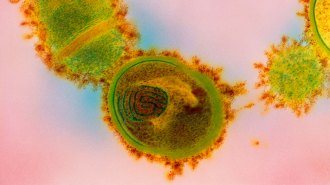 Health & Medicine
Health & MedicineToo much of this bacteria in the nose may worsen allergy symptoms
Hay fever sufferers have an overabundance of Streptococcus salivarius. The mucus-loving bacteria boost inflammation, causing an endlessly runny nose.
-
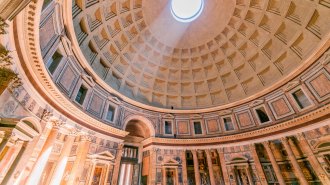 Chemistry
ChemistryThese chemists cracked the code to long-lasting Roman concrete
Roman concrete has stood the test of time, so scientists searched ruins to unlock the ancient recipe that could help architecture and climate change.
-
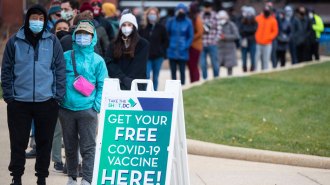 Health & Medicine
Health & MedicineHere’s what you need to know about COVID’s XBB.1.5 ‘Kraken’ variant
XBB.1.5, an offshoot of the coronavirus’s omicron variant, can hide from parts of the immune system, but vaccines and some treatments still work.
-
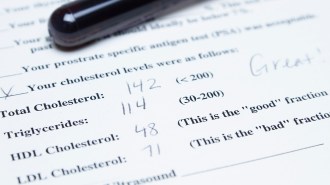 Health & Medicine
Health & MedicineHDL ‘good’ cholesterol isn’t always good for heart health
High levels of HDL cholesterol don’t appear to protect against heart disease, while harm from low levels may depend on race, a study reports.
-
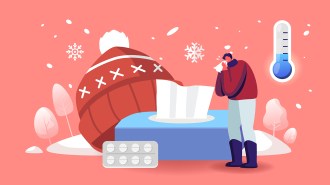 Health & Medicine
Health & MedicineWhy it’s easier to catch a cold, the flu or COVID in the winter
Low humidity protects viruses and cold temperatures may blunt some immune responses, making viral infections like colds, flu and COVID-19 more likely.
-
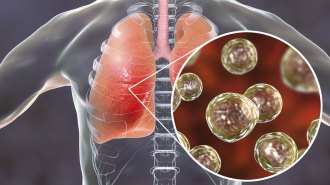 Health & Medicine
Health & Medicine4 key things to know about lung infections caused by fungi
News that three kinds of fungi are more widespread than previously thought prompted reader questions about risk, symptoms and more. We answer them.
-
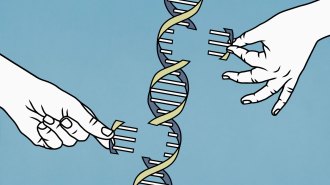 Genetics
Genetics50 years ago, scientists sequenced a gene for the first time
Within five decades, scientists went from sequencing a single gene to sequencing the entire human genome.
-
 Archaeology
ArchaeologyComplex supply chains may have appeared more than 3,000 years ago
Finds from one of the world’s oldest shipwrecks hint that miners in Central Asia and Turkey provided a crucial metal to Mediterranean rulers.
By Bruce Bower -
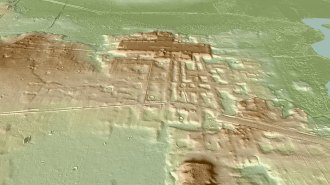 Archaeology
ArchaeologyLasers reveal sites used as the Americas’ oldest known star calendars
By around 3,100 years ago, Mesoamerican ritual complexes tracked celestial cycles using a 260-day count, a huge lidar mapping project shows.
By Bruce Bower -
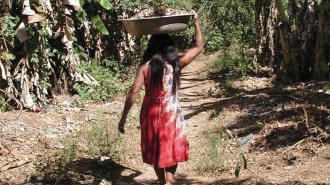 Earth
EarthIndigenous people may have created the Amazon’s ‘dark earth’ on purpose
Modern Amazonians make nutrient-rich soil from ash, food scraps and burns. The soil strongly resembles ancient dark soils found in the region.
By Freda Kreier